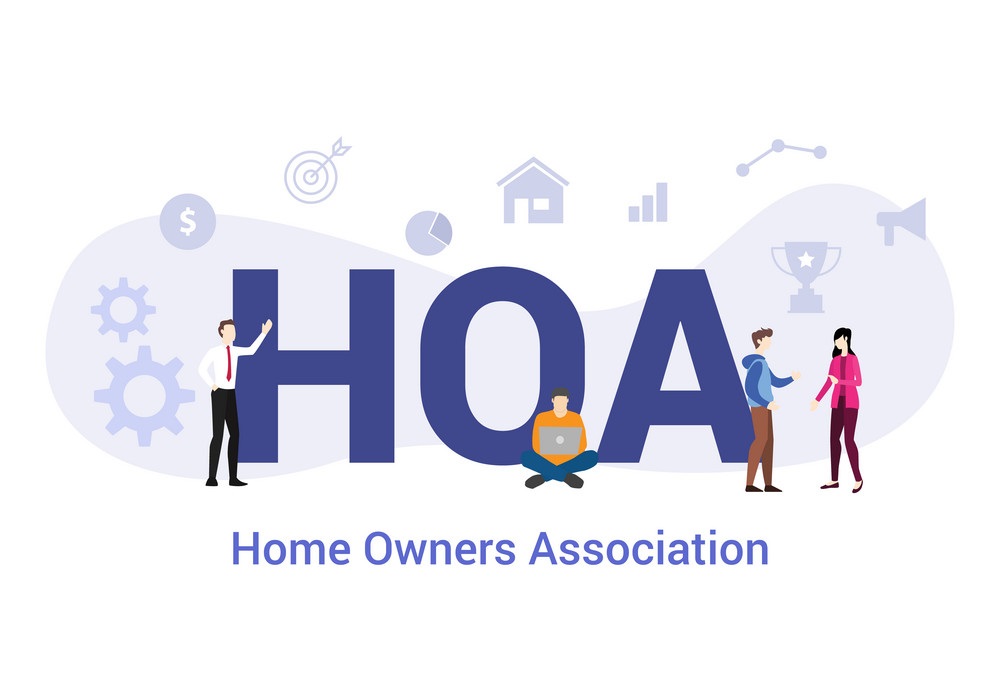Homeowners’ Associations (HOAs) play a significant role in managing and governing residential communities in South Africa. While these associations aim to enhance community living by establishing rules and maintaining common areas, their presence comes with both advantages and disadvantages.
This article explores the multifaceted role of Homeowners’ Associations in South Africa, weighing the pros and cons for residents and property owners.
Pros of Homeowners’ Associations:
1. Community Maintenance:
One of the primary advantages of HOAs is their responsibility for the maintenance and upkeep of communal areas. This includes landscaping, security infrastructure, and shared facilities. This ensures a well-maintained and aesthetically pleasing environment for all residents.
2. Standardized Aesthetics:
HOAs often enforce design guidelines and architectural standards, contributing to a cohesive and visually appealing community. This can enhance property values and create a sense of uniformity, fostering a desirable living environment.
3. Amenities and Shared Facilities:
Many HOAs manage and provide access to shared amenities such as swimming pools, gyms, and community centers. This adds value to the residential community, offering residents recreational spaces without the burden of individual maintenance.
4. Dispute Resolution:
HOAs serve as mediators in disputes between residents. Having a structured mechanism for conflict resolution can help maintain a harmonious living environment and prevent disputes from escalating.
5. Community Events and Networking:
HOAs often organize community events and activities, promoting a sense of community and neighborly interaction. This social aspect can strengthen community bonds and create a more enjoyable living experience.
6. Increased Security Measures:
Many HOAs invest in security measures such as gated entrances, surveillance systems, and private security services. This contributes to enhanced safety within the community, a significant consideration for homeowners.
Cons of Homeowners’ Associations:
1. Loss of Individual Freedom:
One of the most frequently cited drawbacks is the potential loss of individual freedom. HOAs impose rules and regulations on residents, dictating aspects of property use and appearance, which some homeowners may find restrictive.
2. Monthly Fees and Assessments:
Membership in an HOA typically comes with monthly fees or assessments. While these fees contribute to community maintenance, they can be a financial burden for some residents, particularly if the services provided are not perceived as commensurate with the cost.
3. Stricter Regulations:
HOAs may enforce strict regulations regarding property alterations, landscaping, and exterior modifications. While these rules contribute to a uniform aesthetic, they may limit homeowners’ ability to personalize their properties.
4. Potential for Mismanagement:
Poorly managed or ineffective HOAs can lead to dissatisfaction among residents. Issues such as mismanagement of funds, delayed maintenance, or inconsistent enforcement of rules can erode trust and compromise the overall effectiveness of the association.
5. Lack of Flexibility:
HOA rules and regulations may lack the flexibility to adapt to changing needs or preferences of homeowners. This lack of flexibility can lead to frustration, especially when residents seek modifications or exceptions to existing guidelines.
6. Potential for Power Concentration:
In some cases, power within an HOA may be concentrated in the hands of a few individuals, leading to decision-making that may not align with the broader interests of the community. Lack of transparency in decision-making processes can contribute to discontent.
Navigating the Pros and Cons: A Balanced Approach
Navigating the presence of a Homeowners’ Association requires a balanced approach that considers the unique needs and preferences of residents. Here are some recommendations for homeowners in South Africa:
1. Thoroughly Review HOA Documents:
Before purchasing a property within an HOA-managed community, carefully review the association’s governing documents. This includes the declaration of covenants, conditions, and restrictions (CC&R), as well as the association bylaws.
2. Engage in Community Meetings:
Attend HOA meetings and actively participate in community discussions. This provides an opportunity to voice concerns, understand upcoming changes, and stay informed about community developments.
3. Evaluate Costs and Benefits:
Assess the costs associated with HOA fees against the benefits provided. Consider whether the amenities, maintenance, and community services justify the financial commitment.
4. Understand Rules and Regulations:
Familiarize yourself with the HOA’s rules and regulations. Knowing what is expected in terms of property maintenance, exterior modifications, and community behavior will help avoid conflicts and surprises.
5. Participate in HOA Governance:
Consider participating in the governance of the HOA, either by joining the board or participating in committees. This provides an opportunity to contribute to decision-making processes and influence community policies.
6. Seek Legal Advice if Needed:
If conflicts or disputes arise with the HOA, consider seeking legal advice. Understanding your rights and responsibilities can help address issues effectively and protect your interests.
In conclusion, the role of Homeowners’ Associations in South Africa is a nuanced aspect of community living, offering both advantages and disadvantages. Homeowners should carefully weigh these factors and actively engage with their HOA to create a balanced and thriving living environment.
A transparent and collaborative relationship between residents and the HOA can lead to a harmonious community where the benefits of association living outweigh the potential drawbacks.
